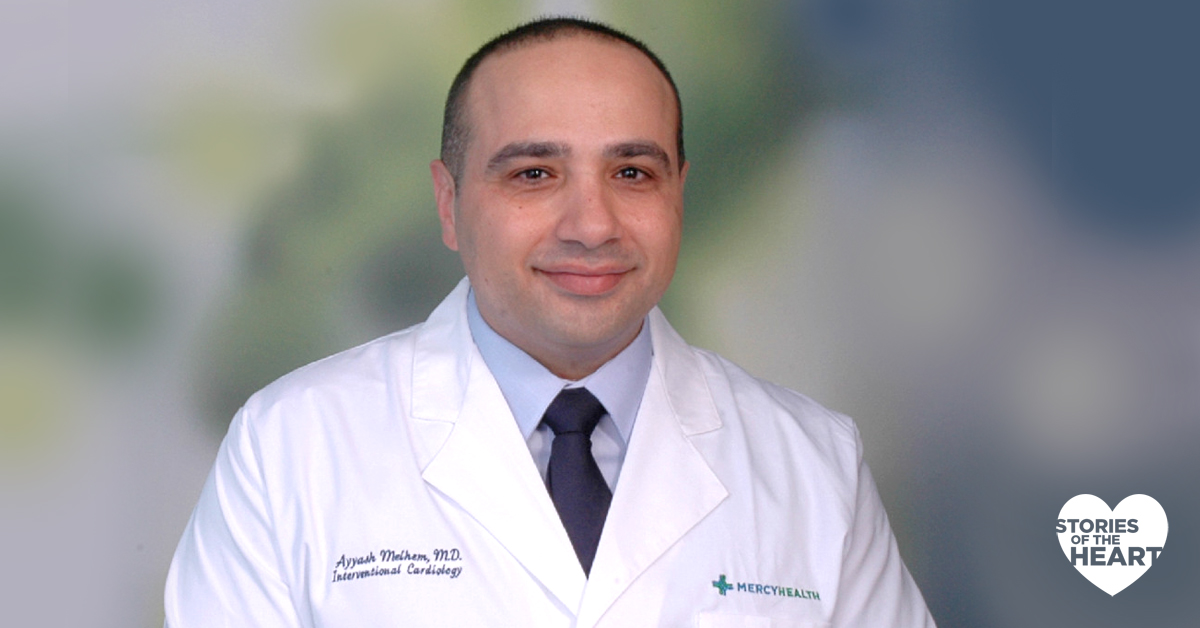Atrial Fibrillation, also referred to as AFib, is an irregular or fluttering heartbeat. It can lead to numerous other heart-related complications, such as blood clots, heart failure and stroke.
AFib causes can be genetic or can be related to overall health issues, including diabetes. Lifestyle issues, such as obesity, heavy alcohol consumption or smoking, can also be factors for AFib patients.
What can trigger an atrial fibrillation attack?
In addition to understanding what causes atrial fibrillation, knowing some common triggers can help you avoid them. When you have the symptoms of AFib, you just want them to stop and sometimes lifestyle changes can get you where you want to be.
Nine common atrial fibrillation triggers include:
- Alcohol: Consuming just one or two alcoholic beverages can trigger atrial fibrillation for some people.
- Caffeine: Some patients experience AFib after heavy caffeine consumption. Discuss caffeine consumption with your doctor if you feel it’s causing your heart to beat irregularly.
- Dehydration: Staying hydrated can help you avoid the sensation of irregular heart palpitations.
- Emotions: Psychic stress is one of the most common AFib triggers for patients who have palpitations.
- Exercise: An intense round of exercise can leave your heart feeling fluttery. However, it is important to get regular exercise, so chat with your doctor to develop a plan for heart-healthy exercise.
- Fatigue: If you don’t get enough sleep, it puts your body under physical stress, and that can lead to AFib.
- Foods: Foods that are high in fat, gluten and salt have all been linked to atrial fibrillation. Eating a heart-healthy diet can reduce the risk of AFib.
- Hormones: Hormonal changes experienced by women have been found to increase the risk of AFib.
- Medications: Some prescription medications can trigger AFib. Some street drugs can also cause this condition. Additionally, some over-the-counter medications that increase the heart rate can also trigger it.
Need-to-know symptoms of atrial fibrillation
If you feel like your heart is fluttering or quivering inside your chest, you may be experiencing the most common AFib symptom. You may also feel unusually tired or dizzy, and you might find it hard to breathe. You might also start to feel confused or notice you’re sweating more than normal during physical activities.
Or, shockingly enough, you might not have any symptoms at all.
Types of atrial fibrillation to discuss with your provider
AFib can present itself in one of several conditions, or types of AFib. Your health care provider can help you identify the type you’re experiencing.
The types of AFib include:
- Long-standing AFib that persists for over a year
- Nonvalvular AFib that’s caused by something other than heart valves
- Paroxysmal fibrillation that goes away without treatment
- Permanent AFib that can’t be treated and doesn’t go away
- Persistent AFib that lasts over a week but goes away
- Valvular AFib, which is caused by issues with your heart valves
Learn more about atrial fibrillation as well as the cardiology services we offer at Mercy Health.






